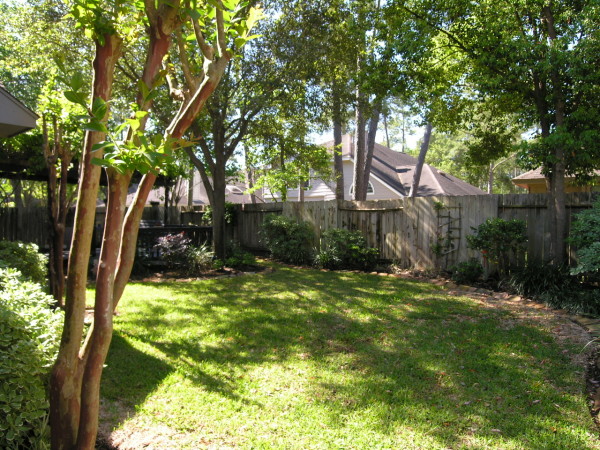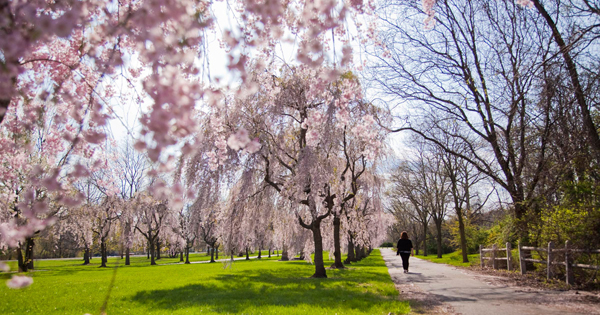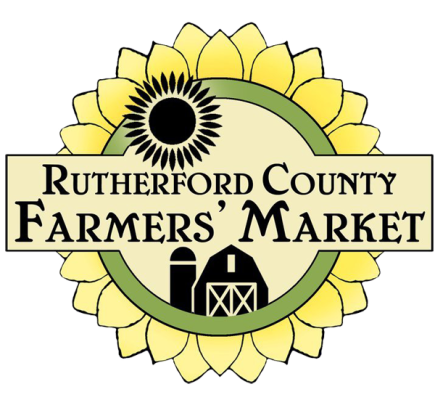
The true heat and humidity of the summer comes in July. Those who are organized gardeners have harvested their spring crops, have an area for summer production and have already mapped out and started the plan for fall crops. I am envious of those gardeners. If you would still like to get in on a fall harvest, consider attending Richard Lee’s class on Tuesday, July 18, at the Rutherford County Farmers Market in the community center at the Lane Agri-Park. It is free and starts at 9 a.m. For those who can’t make it, many classes get uploaded to the RC Farmers Market Education Series YouTube channel.
My flowering zinnias make me smile. I see fruit flowers on my tomatoes. My new and hard-to-establish shade garden is progressing, but the new neighbor has plans to take down his Bradford Pear trees which provide most of the shade, so that may be the end of any shade garden. Like life, garden planning needs to include the concepts of adaptability and changeable situations.
I am very pleased to hear that he is not tree-topping. That is such a bad and incorrect practice. My theory is whoever came up with this slipshod practice did not understand the concept of trimming and pruning. They quickly removed limbs and came up with a story that some gullible people believed to be the newest and best way to care for trees. Don’t fall for it. They do not know what they are doing if that is their solution. Doubt them on everything else, too. The consumer can drive education here. If you only hire people who know the best practices in their field, your stewardship will be the best it can be and your property value will reflect it.
Let’s talk trees. Trees flower, providing nectar. Trees provide shelter and food. They are an integral part of the ecosystem and the need for native tree cultivation is greater than ever. When are your flowers, fruits and vegetables in bloom? Have you considered trees that flower at a different time to help your local pollinators?
The imported ornamentals (exotics) were once thought to be acceptable but have proven to be reproducing and moving into our forests. They remind me of human moochers who come for a night and never leave, yet feel entitled to the food, drink and amenities of the place without contributing anything to household balance. Human and forest homes out of balance . . . something must be done! Let everything contribute as much as it takes.
Help your trees out by mulching properly. Mulching helps insulate the soil by protecting roots in extreme temperatures while retaining soil moisture. It also helps control weeds. Mulching around a tree provides an area of protection from lawnmowers and trimmers. As it decomposes, it improves the soil condition. The property value is also improved by mulching. So now you want to do it, do it right: avoid the mulch volcano because they suffocate trees. Keep the mulch from being highest at the trunk.
Use the 3x3x3 rule for mulching. Less than three inches of mulch; three inches from the trunk; three-foot radius from the trunk. Apply the mulch in the shape of a flat donut with the tree at the center. You should be able to see the trunk flare out at the base of the tree. Trees need water, too. Long, deep watering is more beneficial than quick sprays.
Do your research on the trees that you are thinking of planting. How tall do they grow? How much width do they need? What is their lifespan? What type of fruit do they produce? I found a 1998 publication from UT Extension, entitled “Trees to Reconsider Before Planting.” (That is 20 years ago, so the disclaimer tells you to find the most current scientific knowledge and recommendations.) But I think it is still a good place to start when researching trees in Tennessee.
That report recommends avoiding these trees:
Weed trees: Chinaberry (Melia azedarach), Chinese Tallowtree (Sapium sebiferum), Tree of Heaven (Ailanthus altissima), Mimosa (Albizia julibrissin), Black locust (Robinia pseudoacacia)
High maintenance: Leyland Cypress (Cupressocyparis leylandii), Siberian Elm (ulmus pumila), Cottonwood (Populous deltoids), Hybrid Poplar (Populous spp), Silver Maple (Acer saccharinum), Boxelder (Acer negundo)
Extremity of natural range of plant: Eastern White Pine (Pinus strobus), Paper Birch (Betula papyrifera), Norway Maple (Acer platanoides)
Breakability: Virginia Pine (Pinus virginiana), Silver Maple (Acer saccharinum), Boxelder (Acer negundo)
Terrain choice is most important: Hackberry (Celtis occidentalis) It is brittle, yet its fruit is a great winter food source for birds. If you do plant one, plant along woods, but not near pavement or utility poles.
Gingko (Gingko biloba) plant males only in large spaces.
Black Willow (Salix nigra) and Weeping willow (Salix spp) Its deep roots affect nearby water, sewer and septic lines; very large width.
Black locust (Robinia pseudoacacia) Good for steep banks.
Upcoming Rutherford County Farmers Market classes, held at 9 a.m. for approximately one hour on Tuesdays and Fridays at Lane Agri-Park:
July 7: Kim Minter-Verge and Karla Erazo, Expanded Food and Nutrition Education Program) – My Plate: Hidden Sugar/Rethink Your Drink
Fun and easy healthy drink ideas! Focus on making healthy food and beverage choices from all five food groups. Look for food and drink choices that are lower in saturated fat, sodium and added sugar.
July 11: Mark Murphy and Reggie Reeves, Certified Master Gardeners – Garden Cookery
Easy, delicious recipes and tips to help you enjoy the bounty of your garden.
July 14: Jean Wilson and Kathy Wright – FCE Flower and Garden Show
Come out to see Family and Community Education Club Members exhibit their flowers, vegetables, fruits and canned goods.
July 18: Richard Lee, Certified Master Gardener – Fall Gardening
Learn how to get a great start with your fall crop.
July 21: Mitchell Mote, Extension Agent – Keep that Lawnmower Running and Cutting
Protect your investment. Learn how to keep you lawnmower running year to year to keep your yard looking great.
July 25: Carla Bush, Extension Agent – Seasonal Eating
Eat what’s in season. It’s easy on the wallet, and what could be better than food at its peak of flavor, texture and nutrition?
July 28: Tiffany Schmidt, UT Extension SNAP Education Agent – Cooking With Kids
Introduce young ones to the joys of cooking. Fun, healthy snacks.
Aug. 4: Kim Hall, Extension Agent – Koi Ponds
Learn how to incorporate koi ponds to enhance your yard’s beauty.















